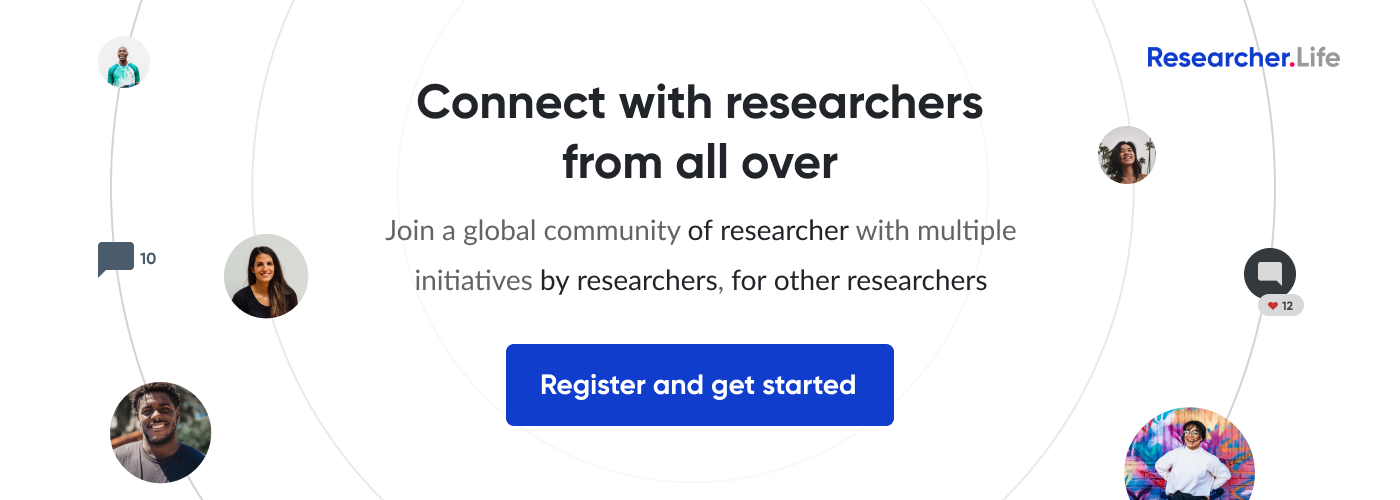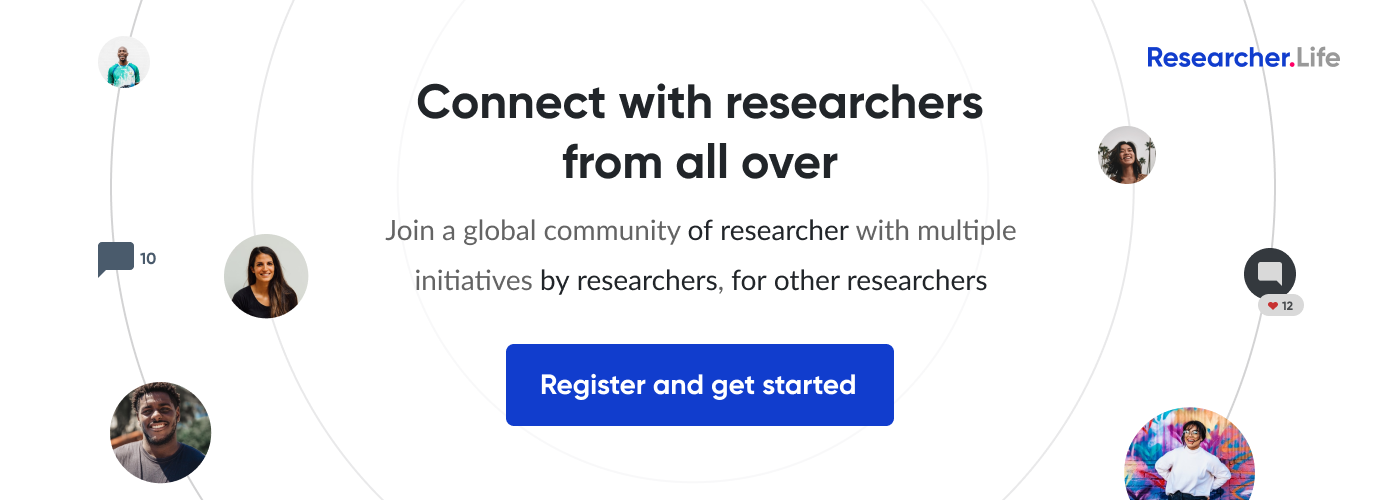Insights from a PhD candidate: What I wish I knew before starting my PhD journey

Dear aspiring scientists and fellow scholars,
There are numerous articles on what to consider before joining a PhD program, written by those that are either pursuing, have earned, or even quit their PhDs. Nevertheless, we all have unique perspectives and I believe the following points will resonate with minds similar to my own.
I am a PhD candidate in the last stages of preparing my thesis. Thesis writing is generally one of the most frustrating and/or difficult periods in a PhD program. It is also the period wherein one reflects on all the experiences prior to the final leg of the intense marathon that is the pursuit of a doctoral degree. Most scholars inevitably wonder about the things they wish they knew before enrolling for the journey. The following are the insights I gained from my reflection.
Motivation
I did not pursue a PhD with a particular goal in mind. I was not clear about what I wanted to explore and why. I believed that a Master's or PhD was the next logical step in my career path. I had consistently aced exams at school and college. After graduating with a Bachelor's degree (2nd rank in the university), an entry-level position in a core-sector organization or a track into business administration did not seem very appealing or intellectually demanding compared to a research opportunity. Hence, I targeted Institutions or faculty whose work I found most fascinating, with the hope that my next step would become apparent with time and experience. I enrolled for a Master's degree, which I was able to upgrade to a PhD owing to satisfactory performance in the coursework.
Like most students in my batch, I started working on a project my research advisor had already set their mind to, without doing much problem definition of my own. My only objective was to learn whatever I could. I did not have a Plan B in case the research project did not produce satisfactory results, which is exactly what happened (thank you Murphy's law!). Determined to turn things around, I doggedly continued working on the project without any thought toward the time it took for fruition or how it would fit into my future goals. I therefore experienced many periods of demotivation when facing challenges during the experiments.
I have come to realize that it is imperative to set and keep reminding ourselves about both our short- and long-term goals—the former when we are prioritizing tasks and the latter when we feel overwhelmed or demotivated to continue.
Progress vs Time
Throughout our education, schedules are set for us. Classes, tests, exams, and projects have deadlines fixed by the institution or faculty. We have to appear for evaluation on the said dates irrespective of our level of preparation. Most students feel like they haven't prepared as well as they could have and just do "their best" on D-day.
My PhD program was unique in that the onus was on me to set my own deadlines for presentations or reports on my progress. I never felt that my results were good enough or that I had made sufficient progress. With no social pressures to complete my program within a certain time frame, and being a bit of a perfectionist, I procrastinated on setting the milestones in my PhD journey. Having a hands-off research advisor exacerbated this issue, which led to a vicious cycle. As time flew by, the progress made always seemed much less significant for the duration of the work, which induced further procrastination.
It took me too long to accept that submitting something is better than submitting nothing. Think about this: if companies decided to release products only when they were perfect, we would not have any products on the market. Incremental progress is highly underrated but it is the only path to true innovation. It is also useful to remember that a PhD is only a license to conduct independent research. It is better to graduate sooner after having done satisfactory work and then do better in the next project than to spend time chasing perfection (which is nearly impossible to achieve). So submit that report, make that presentation, and write that research paper and attempt to get it published. The feedback I received during such attempts served as motivation to do better. It even provided insights and ideas that wouldn't have occurred to me otherwise.
Collaboration
I worked on an interdisciplinary project for my PhD thesis. The project involved microbiology (my specialization) and nanomaterial analysis. For the latter, I had to rely on the expertise of some faculty in other departments to overcome certain challenges, analyze experimental variables, or even make sense of my analysis results. At best, these faculty would only provide some pointers. At worst, they would be busy with their own projects and not have time for me. I learnt the hard way that at the outset of a project, it is important to foresee such interdisciplinary requirements and seek collaborations with subject experts or otherwise experienced people. Being officially involved in a project will provide the motivation and incentive for all the stakeholders to contribute their best.
Another weakness of mine was fear of judgement. I wasted a lot of time trying to solve all the problems on my own without discussing them with lab peers or seniors. Looking back, I realize that these problems were not so significant to warrant the effort. Although I have some sense of satisfaction that I figured out certain things independently, I have merely done what others have before me. It finally dawned on me that to be on the cutting edge of research and further expand it, one has to "stand on the shoulders of giants."
I hope that these insights of mine help you avoid the hurdles (mainly self-imposed) I faced in my journey as a researcher. I wish you all the very best in your scientific inquiry and career.
What insights did you glean from your PhD experience? Leave a comment for me below. Let’s share what we all learned.
Comments
You're looking to give wings to your academic career and publication journey. We like that!
Why don't we give you complete access! Create a free account and get unlimited access to all resources & a vibrant researcher community.














